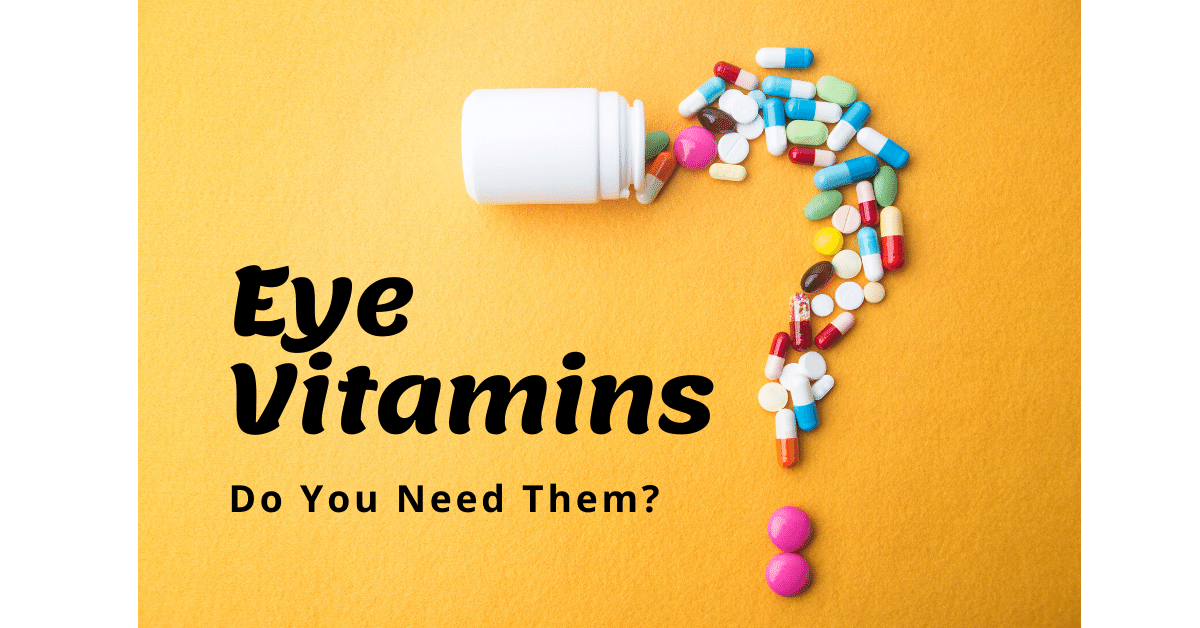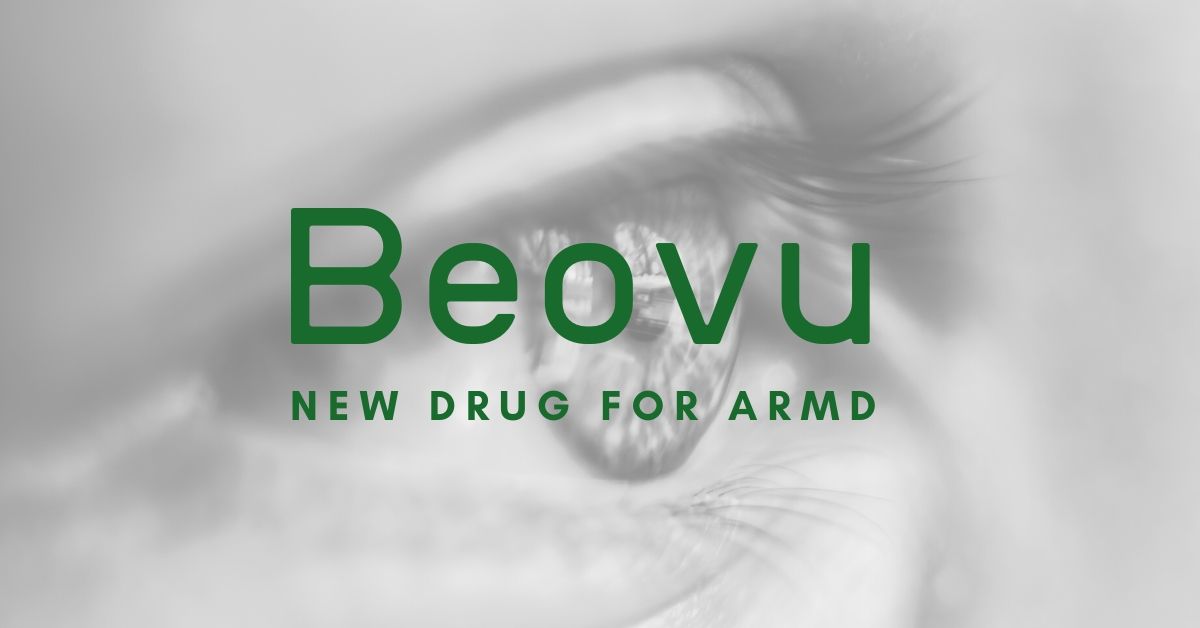There’s a lot of confusion about which vitamins are recommended for macular degeneration. The National Eye Institute has sponsored two studies over the past twenty years. The Age-Related Eye Disease Study (AREDS) concluded in 2001 and the AREDS2 study culminated in 2013.
AREDS
The initial Age Related Eye Disease Study involved over 3600 patients, all of whom had at least early stages of macular degeneration. Patients without any evidence of macular degeneration (AMD) in either eye were not included.
AREDS was designed to determine the risk factors and progression of AMD and cataracts by testing the effects of high doses of anti-oxidants and zinc on the course of the disease.
The results of AREDS found that;
- Patients at high risk for developing advanced macular degeneration reduced the risk of developing advanced macular degeneration by 25% when taking the AREDS formulation.
- Beta-carotene, an anti-oxidant included in the original formulation, was associated with an increase in lung cancer in patients who smoked.
- There was no effect on the development of cataract.
AREDS 2
The AREDS 2 study was designed to determine if the original AREDS formulation could be improved by substituting lutein and zeaxanthin for beta-carotene and testing the effects of omega-3 fatty acids.
While the results did not show any benefit for those taking lutein and zeaxanthin, there was some evidence that these two anti-oxidants were beneficial in certain groups. AREDS 2 also determined that the removal of beta-carotene was not harmful, and, thus was a good formulation for smokers.
Omega-3 fatty acids has no known effect on the development or progression of AMD.
Vitamins for AMD
The two studies successfully identified an effective and safe formulation for those patients requiring the supplement.
It should be noted that the vitamins have been proven to reduce the chances of developing advanced macular degeneration in only those patients with intermediate or advanced risk factors (based upon the results of a dilated eye examination by your doctor) and who have the diagnosis of macular degeneration. In other words, the vitamins may prevent vision loss by about 25% in those at high risk.
The vitamins do NOT help patients regain lost vision from macular degeneration.
If you are considering your need for taking the AREDS 2 formulation, consult with your eye doctor or retina specialist.

